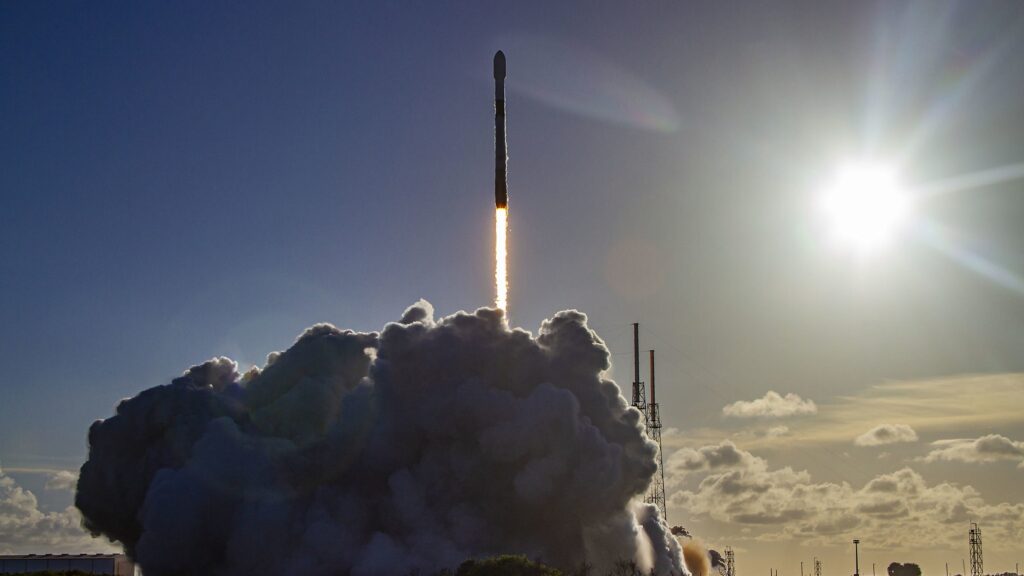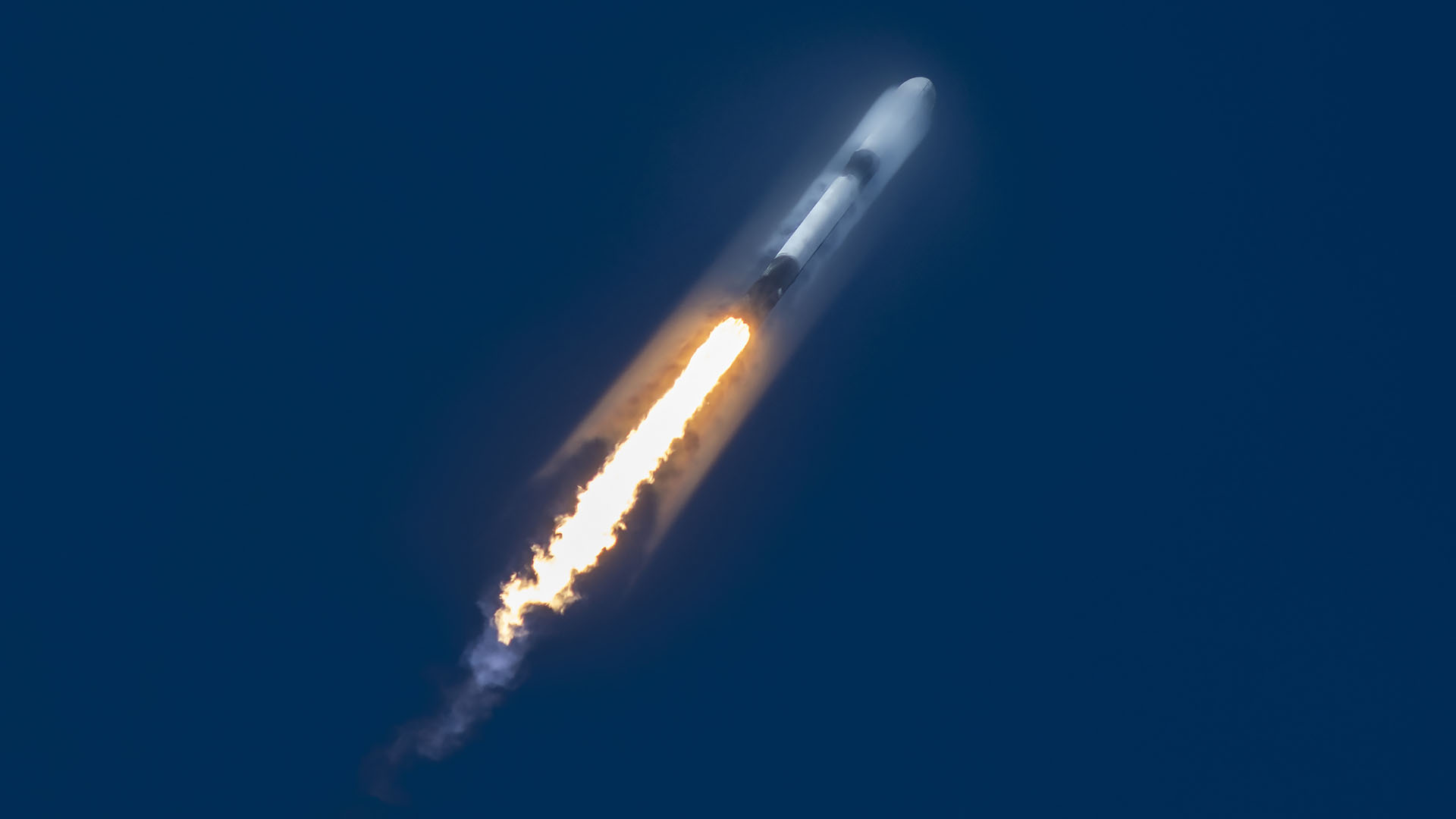Due to the delay in the Ariane 6 program, it was SpaceX which ensured the sending of two Galileo satellites. Another shipment is planned for the summer of 2024. Then, the European rocket should finally take over.
It is a date that will be remembered as a failure of space Europe. On Saturday April 27, 2024, it was not a European rocket that launched with two Galileo satellites on board, but an American launcher. This is a first in the history of this program, although it was designed to give the Old Continent independence from GPS and the United States.
Advertisement
As announced it on X (ex-Twitter) the official SpaceX account, a flight was scheduled today in Florida for the Falcon 9 rocket. A mission that he was possible to follow live and which was crowned with success. 2 satellites have been deployed. They will come to flesh out a constellation which into account 23 operational out of the 28 launched.

On social networks, the successful deployment of Galileo satellites was praised by Thierry Breton, European Commissioner in charge of industrial and space policy. However, the person did not mention the role of SpaceX. An absence which was noticed by several Internet users, who did not fail to point it out in response to his message.
The circumstances of this flight have been identified for a long time: Europe currently finds itself without a rocket that would allow it to put other copies of Galileo into orbit. Russian Soyuz is out of the game due to war in Ukraine; the Vega light launcher is having difficulties; Ariane 5 is retired and Ariane 6 is behind schedule.
Consequently, the alternative came from the other side of the Atlantic. This one-off aid will recur a little later in the year, with a new shipment of two Galileo satellites in July 2024. Then, European sovereignty in terms of access to space should be reestablished, with the operational debut of Ariane 6.
Advertisement


European blindness on SpaceX
As a cruel reminder of history, it is also during this mission weekend that an old video was unearthed. In this one, we hear a speech — now disastrous given the turn of events — from Richard Bowles, then sales manager of Arianespace, who absolutely did not see SpaceX as a real threat.
We are then in 2013. At that time, SpaceX only had a handful of successful launches to its credit: we are talking about a total of 7 flights, for 6 successes, and a succession of failures or renunciations. in the return of the booster. Certainly modest firsts, which do not alarm Richard Bowles at all.
The person concerned, not without a certain disdain, suggested at the time that Elon Musk's company, which was barely ten years old, was selling smoke and mirrors. That it was better not to take it into account. And, that the prospect of achieving dozens of flights per year belonged to the realm of the unachievable.
Ten years after this sequence, the backlash is violent. The company showed that it could complete three rocket launches in 24 hours, from three launch sites. That it was possible for him to use the same rocket body twenty times in a row and recover at an industrial pace its launchersthanks to an automatic re-entry procedure on Earth.
The Arianespace situation accentuates this terrible contrast: no rocket will be available before the summer of 2024. The last time an Ariane 5 rocket flew was July 5, 2023. For Vega, it was October 9 2023. SpaceX, for its part, has launched 68 Falcon 9 rockets since this last date. And incidentally, two Falcon Heavy launchers.
